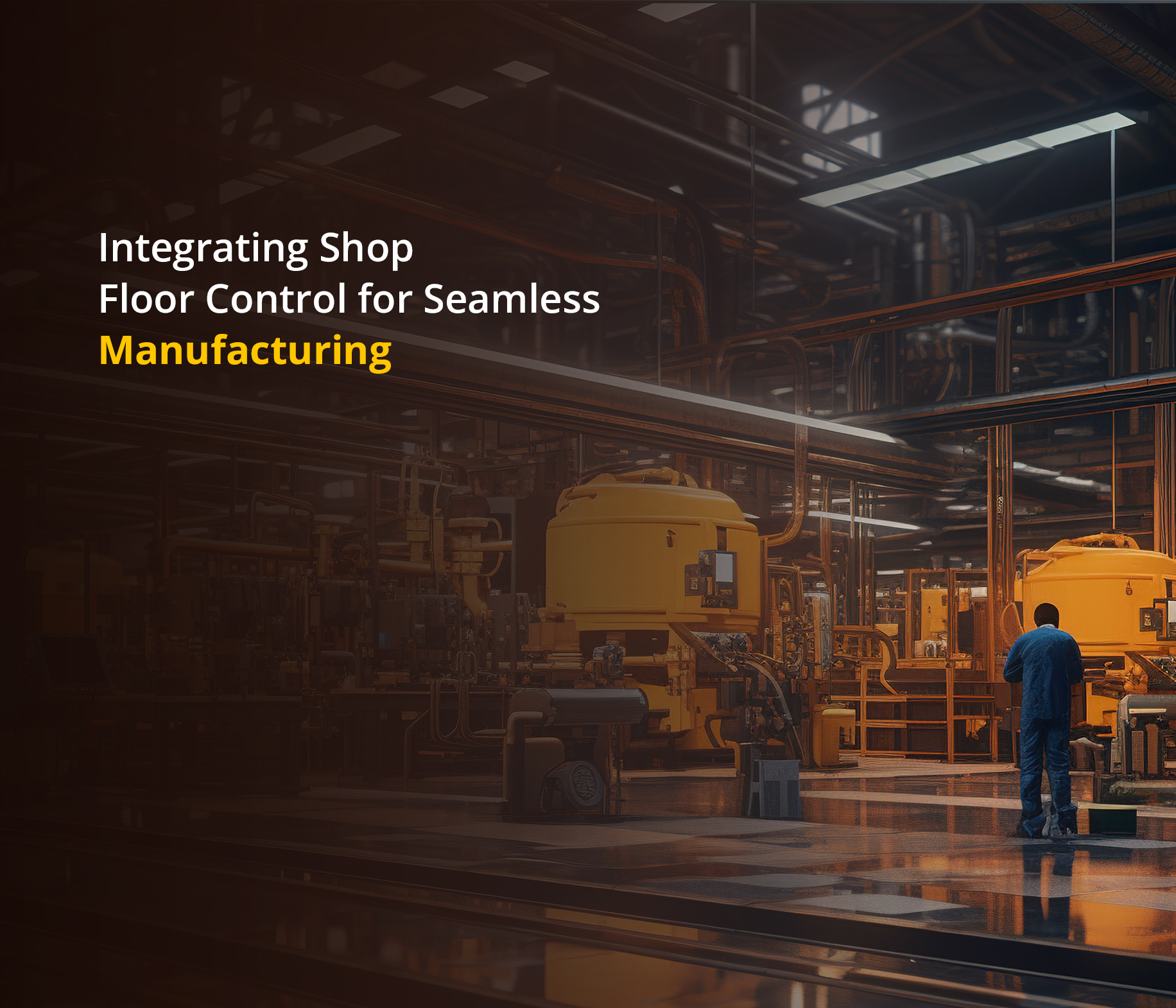The rise of digital dealerships
Digital transformation has swept across industries, and the automotive sector is no exception. In the wake of the internet revolution and the proliferation of mobile devices, the traditional dealership model is undergoing a paradigm shift. The concept of digital dealerships is gaining traction, where most of the car buying process, from researching various models to booking test drives, and even the final purchase, can be conducted online.
Enhancing customer experience with CRM software
In an era where customer expectations are sky-high, automobile dealerships must offer a personalized and seamless customer experience to stay competitive. This is where Customer Relationship Management (CRM) software comes in. CRM software provides an integrated platform to manage all customer interactions, helping dealerships offer top-notch customer service, understand customer preferences, predict future trends, and make data-driven decisions.
Predictive maintenance and remote diagnostics
Advancements in telematics and the Internet of Things (IoT) are bringing about a sea change in the way automotive dealerships operate. These technologies enable predictive maintenance and remote diagnostics, offering significant advantages to dealerships. By predicting vehicle issues before they occur, dealerships can proactively reach out to customers to schedule maintenance, resulting in increased customer satisfaction and revenue.
Virtual reality (VR) showrooms
Virtual Reality (VR) technology is another game-changer for automotive dealerships. VR allows potential buyers to experience a car without physically being in it. This not only offers an exciting and immersive experience for customers but also enables dealerships to showcase their entire inventory without the need for massive physical showrooms.
Optimizing inventory management
Inventory management is a critical aspect of running a successful automotive dealership. New technology in the automotive industry, such as Artificial Intelligence (AI) and Machine Learning (ML), can help optimize inventory management by predicting demand based on historical sales data, market trends, and other relevant factors. This ensures that dealerships have the right vehicles in stock, minimizing costs associated with excess inventory.

Blockchain technology
Blockchain technology holds significant promise for the automotive industry. It can enhance transparency and trust in transactions, reduce fraud, and streamline supply chain operations. For instance, blockchain can be used to maintain immutable records of a vehicle's history, making it easier for dealerships to verify the authenticity of used cars.
Conclusion
The convergence of technology and automotive retailing is opening up a world of opportunities for dealerships. Embracing digital transformation is no longer an option but a necessity for dealerships aiming to succeed in the competitive automotive landscape. By harnessing the power of CRM software, telematics, IoT, VR, AI, ML, and blockchain, dealerships can improve customer experience, streamline operations, and drive revenue growth.
The pace at which new technology in the automotive industry is evolving is indeed exciting. However, it's crucial for dealerships to make strategic technology investments aligned with their unique needs and goals. The key to success lies in leveraging technology not just as a tool but as a strategic partner in growth.






